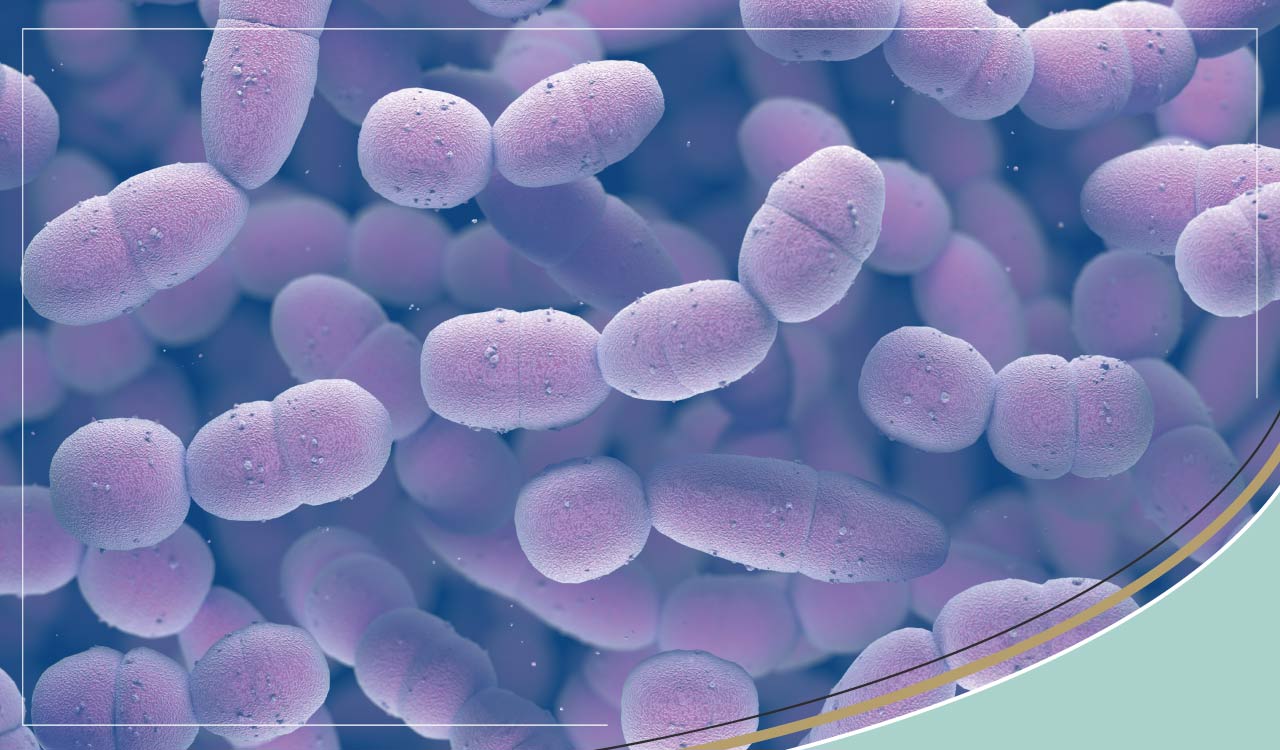Frequency & bladder pain and no bacteria found in urine test, urethral syndrome?

What is Urethral Syndrome?
Urethral Syndrome is a condition that affects the urethra and mimics many of the symptoms of urinary tract infection. The urethra is a tube which conveys urine and male reproductive fluid from the bladder to outside the body.
Unknown Causes
Unlike a urinary tract infection, a urine culture test often shows little or no bacteria, which is why urethral syndrome is also referred to as Symptomatic Abacteriuria or Sterile Pyuria. Urethral Syndrome is much more common in women than men. A history of urinary tract infection may make you more prone to urethral syndrome.
Urethral syndrome is a term used when of one or more typical cystitis symptoms occur in women who present with low numbers of bacteria in urine culture, usually less than 102 bacteria per millilitre. Most laboratories do not routinely follow up on low count urine cultures, instead classing the urine as clinically sterile.
Sterile pyuria is the presence of elevated numbers of white cells (less than 10 white cells per cubic millimeter) in urine which appears sterile.
Sterile pyuria is not an uncommon laboratory finding because:
- Standard laboratory culture conditions may not be optimal for growth of atypical organisms.
- A laboratory may not report significant growth either because it was not a single organism or a recognised urinary pathogen.
- Studies have shown that approximately half of women presenting with symptoms and low bacterial counts have bladder infections.
Potential causes
- Cystitis Escherichia coli
- Staphylococcus
- Streptococcus
- Chlamydia
- Gonorrhoea
- Mycoplasma
- Ureaplasma
- Herpes simplex virus
- Vaginitis Candida
- Trichomonas vaginalis
Treatments
D-Mannose is an all-natural essential sugar which, coupled with some other lifestyle changes can help to relieve pain and reduce inflammation in several ways by:
- Treating any underlying infection caused by a low level bacterial presence that standard urine culture and sensitivity tests do not detect. D-Mannose treats the most common cause of bacterial infection by attaching to E-Coli and flushing it out of the body.
- Activating M2 macrophages (a form of white blood cell), to clean inflammatory debris and pathogens.
- Stimulating fibroblasts (connective tissue cells), to produce proteoglycans and collagen.
- Repairing and reducing scar tissue and reducing pain.
- Reducing systemic inflammation by cutting down the enzymes that would typically trigger T-Cell flow to the damaged area.
Lifestyle Changes
- Keep well hydrated by drinking plenty of fluids to help flush through the urinary system.
- Avoid using scented or perfumed products in baths or to clean the genital area.
- Use uncoloured and unscented toilet paper, pads, tampons.
- Urinate before and after intimacy and avoid positions that could irritate the urethra.
- Wear cotton underwear.
- Avoid cycling for extended periods.
- Avoid tight-fitting clothing.
- If you use a diaphragm, consider swapping it to another form of birth control.
- Empty your bladder whenever you feel you need to.
- Try to eat an alkalising diet.
- Get tested for Candida.
 Fast Delivery - 1-5 Working Days
Fast Delivery - 1-5 Working Days
 Free Delivery for all orders to France
Free Delivery for all orders to France
 Read Thousands of Independent Reviews
Read Thousands of Independent Reviews















